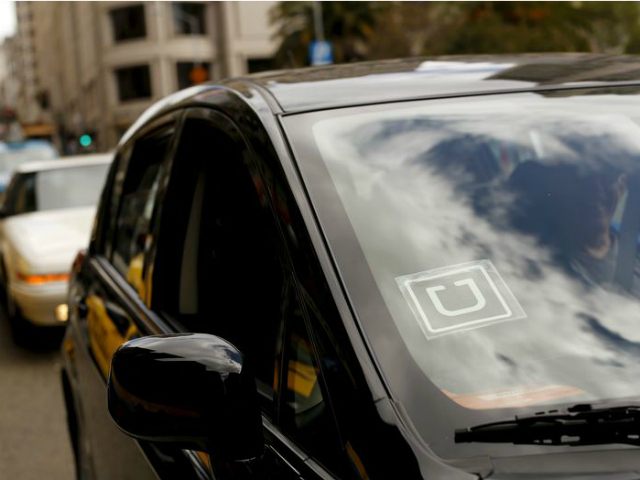New York City is among the many municipalities locked in a battle with the wildly popular ride-sharing app Uber. This week, after facing serious public backlash, New York City Mayor Bill de Blasio walked back on his plans to regulate it out of existence.
In addition to improving transit options for city-dwellers and disrupting the stale taxi industry, Uber is also reinforcing the vital role that prices play in an economy. Its much-maligned “surge-pricing,” which multiplies the cost of a ride by as much as several times when demand is high or supply is low, is a case-study in how prices convey vital information necessary for an economy to function.
While critics claim that surge-pricing is simply a way for Uber to gouge hapless customers, in reality these higher prices are helping users find a ride by incentivizing more drivers to get out on the roads and take advantage of higher wages. In this sense, surge pricing corrects the temporary imbalance between the demand of rides and supply of drivers. When it’s corrected, prices come back down.
This pricing system is a microcosm of the economy in general – even if it’s not always so apparent. Prices tell entrepreneurs whether they should sell – for example — bagels or boats, as well as how much of each of them to sell. In doing so, they help fill a void for consumers, who previously did not have adequate bagel or boat options. In short, prices organize the economy.
The lack of prices – and the signals that they convey – is essentially why socialism and government-run programs fail. Without a robust price system, shortages, famines, and waste inevitably occur because resources can’t be allocated effectively. (Despite what they might lead you to believe, no politician or bureaucrat is smart enough to know how many bagels and boats an economy needs – let alone the millions of other goods and services in an economy.)
In fact, even during the height of socialism’s popularity in the so-called “Red Decade” of the 1930s, it had already been completely debunked on these grounds. Austrian economist Ludwig Von Mises had proven it unworkable because of its lack of price signals in his 1920 article, “Economic Calculation in The Socialist Commonwealth.”
Yet many contemporary politicians still have not learned the lessons of the importance of prices, leaving society as a whole to suffer the consequences. Price controls on rental apartments in many American big cities (better known as rent control) is one example of this. Rent control leads to housing shortages because developers aren’t incentivized to build new properties to take advantage of higher returns. Ironically, then, a policy meant to improve access to housing ends up exacerbating its shortage.
Artificially low reimbursement rates for Medicare and Medicaid doctors is another example. Because of these price controls, 50 percent of doctors in some areas of the country no longer accept new Medicaid patients, leaving many vulnerable Americans without health care access.
But because high prices – even if temporary – are unpopular, politicians will always look to control them. Uber’s surge pricing has already been regulated during natural disasters. While that may be great for those who can score a cheap ride, the associated lack of price incentives to get other drivers out on the road means the rest of us get left out in the cold.
Alfredo Ortiz is CEO and President of the Job Creators Network

COMMENTS
Please let us know if you're having issues with commenting.